Content Warning: This story includes suicide references.
A Midwife’s Perspective
“You’re a midwife, you’ll be fine!”
I’d seen labour and birth countless times. I’d cared for the sickest and tiniest newborns. I educated countless families on breastfeeding, postpartum care and spent my shifts sensitively supporting new mothers experiencing the baby blues with my well-rehearsed keynote. I always finished my spiel with “if the tears or symptoms last more than two weeks, we may need to consider extra supports, and that is okay.” Never did I imagine it would be me needing the extra support. After all, I was a midwife.
It wasn’t what I expected. I wasn’t what I expected.
Societal expectations, along with the inevitable response to my subtle shout for (anxiety) support – “You’re a midwife, you’ll be fine!”, led me to believe I had to be okay. There was going to be no support for me.
I am a neonatal intensive care (NICU) nurse and midwife. At 26 years young, fit and healthy, falling pregnant was a little more challenging than expected. 13 months on, countless blood tests, ultrasounds, a brain MRI and support from our fertility specialist, we were blessed to learn of our first pregnancy. It was here that my anxiety began.
As a NICU nurse and midwife, I’d seen it all. The blessings to the unfathomable. The joy, the survivals and the farewells. I understood, and strangely accepted, some newborns are far too perfect for this earth. From my experience with different birth outcomes, I struggled to believe I would experience a healthy pregnancy, birth and baby.
My first child was born at 38 weeks. A textbook birth, famously unusual for a midwife, but, just like that, I was a mother, unprepared for the biggest deviation I’d ever taken. Within 24 hours I was showered with visitors, gushing over how perfect our baby was. I saw it too, through eyes looking in, however, on the inside, I’d never felt so out of control. I bonded well and felt the feels, but the fear of failing as a mother, in caring for my own child 24/7, stole my joy.
The first four weeks are both a foggy blur and clear as mud. I had never felt so lonely. I cried, for what felt like four weeks straight. I couldn’t explain why. There was no rhyme or reason. If an opportunity arose for anyone to hold or care for my new baby, I grabbed it. Anyone would do a better job of caring for him than me.
Enter my early childhood nurse, gentle and kind. Small talk quickly led her to learn I was a NICU nurse and midwife. She finished her assessment of bub and suddenly the spotlight was on me. Softly spoken, in a tone that captured me, she asked, “…and how are you?” with more genuine care than I’d ever felt since becoming a mother. She treated me simply, as a new mum. Not a midwife and not the NICU nurse. I suddenly felt safe.
She didn’t care what I did for a job, as my skillset and knowledge had nothing to do with what was happening to my brain health. For her short time with me, she’d read me like a book. I scored 13 on the Edinburgh Postnatal Depression Scale with her that day and was deemed high risk.
The shame and failure weighed heavy, however, the relief that the feelings, thoughts, emotions and fears, not only weren’t ‘normal’ for a new mum, but had a title, and could be treated and more so cured, far outweighed the shame.
My first appointment with the psychologist left me feeling judged. I refused to return. With one foot in front of the other, I learnt to mother, somehow suppressing the anxiety to a level that allowed me to function.
Fast forward 21 months and my second baby arrived. I still refused support, possibly an excuse and squashing of what I knew I really needed. Instead, I limited visitors and removed the triggers in which I’d believed were overwhelming me. My anxiety remained at bay until it came time to return to work.
Night duty exhaustion, leaving one workplace I loved, starting at another, a toddler starting preschool and a 15-month old I’d never left before, were triggers to cause the suppressed anxiety to be expelled at its greatest force.
The anxiety attacks came without warning. They were suffocating. This, and the steep trajectory of my mindset, and supreme ability to overthink, left me spiralling, in the wrong direction. I woke every morning with the same script in my head “I don’t want to do this today. I don’t want to be here.”
The anxiety attacks became frequent over a 2-week period, but it was the one where I ended up on the side of the road, seated in the gutter, my 15-month child in the car and a friend attempting to physically hold me together in one piece, that I knew I needed help, and fast.
My fears and beliefs of therapy were quickly relieved. My new psychologist was and still remains, everything. Professional, non-judgemental, experienced, quietly supportive and safe. Connection is key. Shame dies in safe places
However, it got harder before it got easier. Unpacking the years, I felt more out of control than ever and suddenly, almost without notice, all I was controlling was what I ate and how much I exercised. Undernourished, I was starving my brain of the nutrients it so desperately needed.
Out of control, without a clear reason to live and the incredibly strong belief my family was better off without me, I found myself writing my husband and my closest friend at the time, the one who had sat with me that day in the gutter, a letter. I calmly drove myself to a local headland.
Time here is lost. I have no concept of the length of time in which I sat on the edge.
What got me off the cliff that day? My little girl. She needed a mum. A strong female figure to inspire toward, to share values and qualities with, to teach her resilience. My little boy had my husband but who did she have?
Hitting rock bottom, quickly became a new beginning. I did the hard work and my gosh it was painful. However, it’s made me a whole I am today. I now understand and pay attention to mental health, mental wellbeing, brain health as much as my physical health. I am emotionally aware, sometimes too much, and can now stand on my own two feet. I am and will be forever growing. My husband has a happier, more present wife and my kids, well, they have their mum.
Whilst I never thought I’d return to nursing or midwifery, and believed my career was over, today I am the proud Maternity Manager of a highly regarded, private maternity unit where I ensure the beautiful families are well cared for in the perinatal mental health space.
I would like to acknowledge my incredible obstetrician who recognised the signs early and called me daily for months. I know now, this was to ensure I answered the phone however he didn’t tell me this at the time.
I used to hear mental health and believed that wasn’t me and never would be. But we all have mental health. We may not all experience significant mental ill health but we all need to be aware, that at some point, we may be challenged.
I now know my brain is an organ requiring nourishment, care and exercise for strength. That may be adequate and sufficient nutrition and hydration, meditation or sleep. Mental health awareness for me, is now lifelong. I accept that. I still have challenging days and times, and there are very few people who see those moments, days or weeks, but those couple of people hold me in those spaces until I exhale once again.
Perinatal depression and anxiety is curable. This is the message that needs to be shouted. Be brave but be patient. Be kind and be vulnerable. As my psychologist reminds me every so often, “When we do hard things, we grow”.
Megan's Story
Please submit your details below and we will be in touch soon.
Related Fact Sheets

a new mum's story
this Christmas


%201.webp)
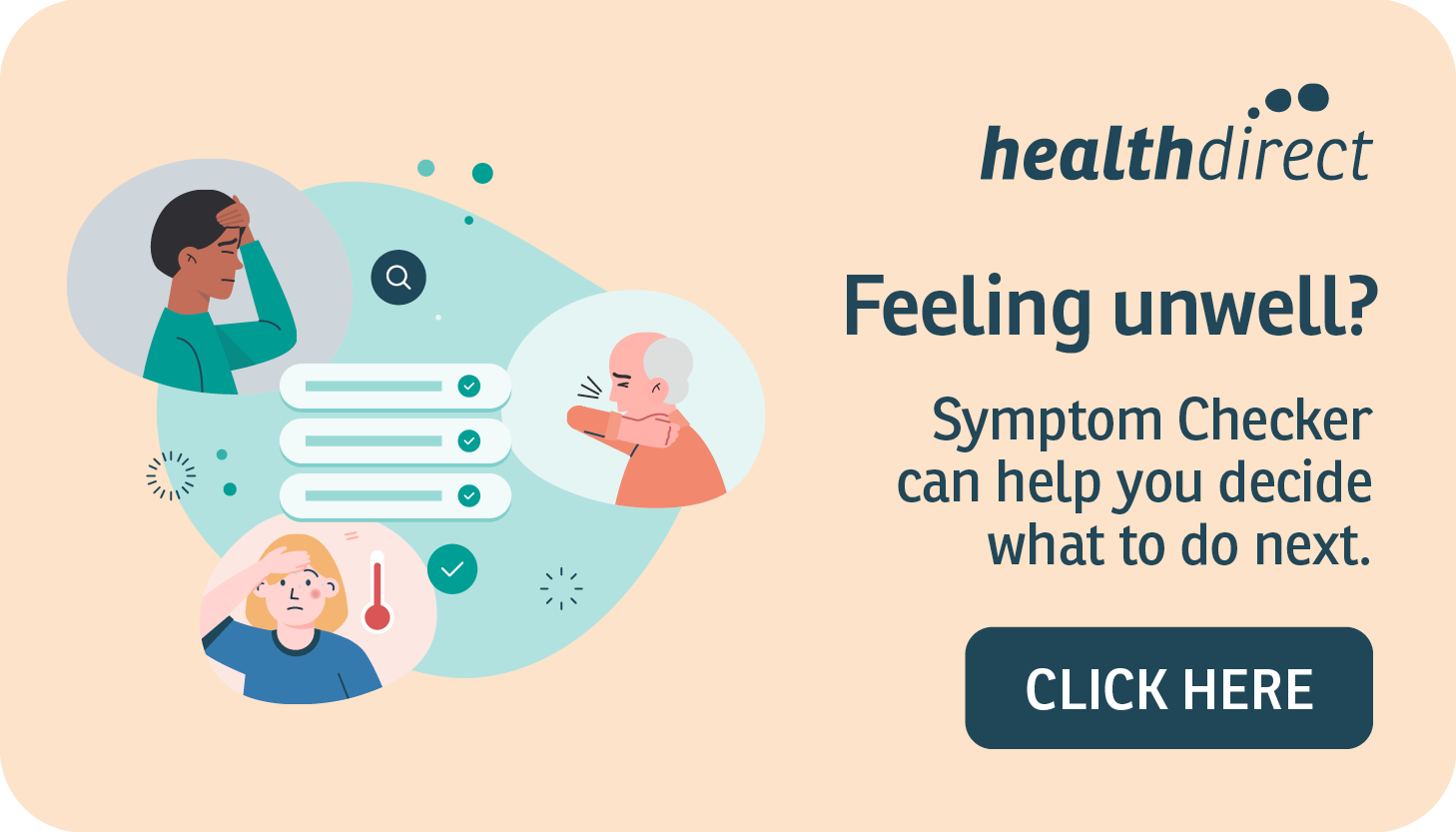




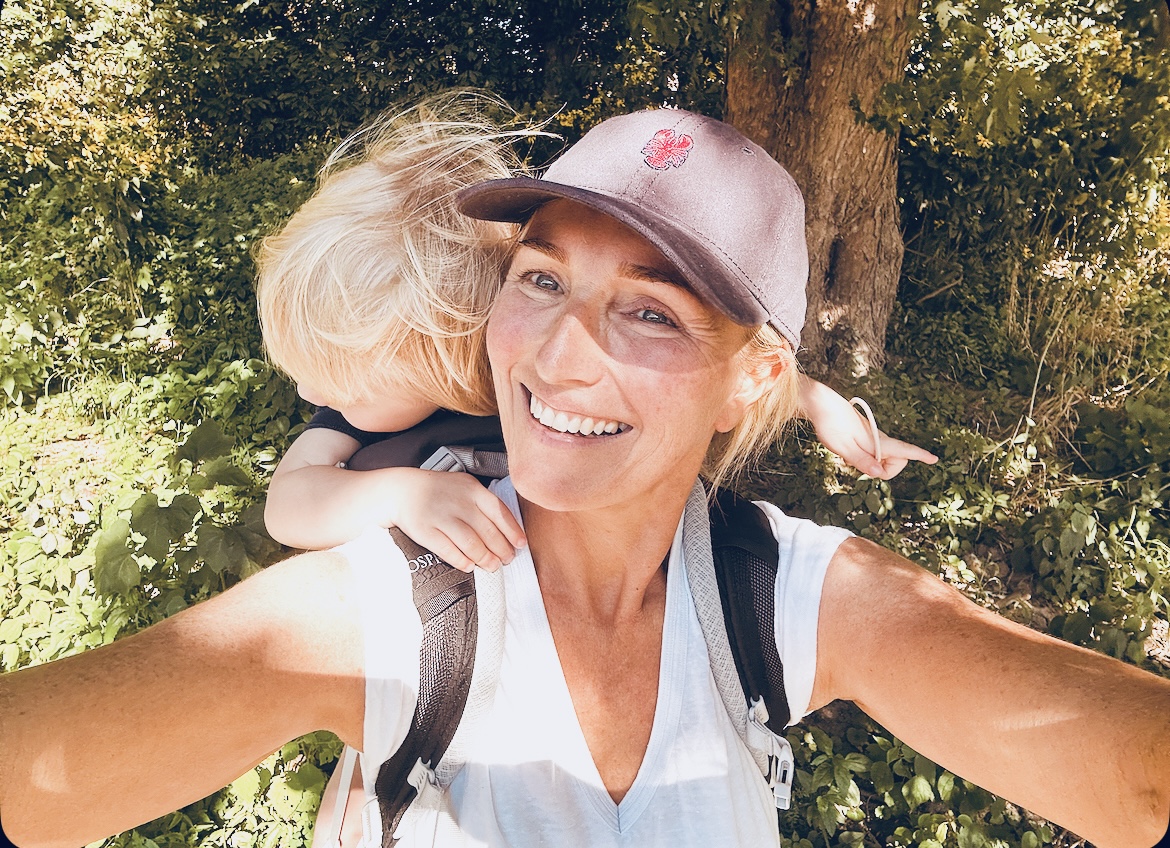


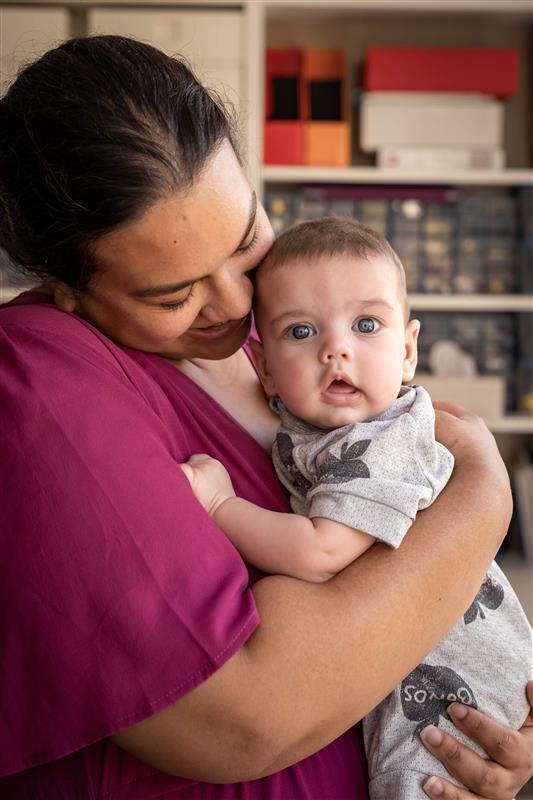
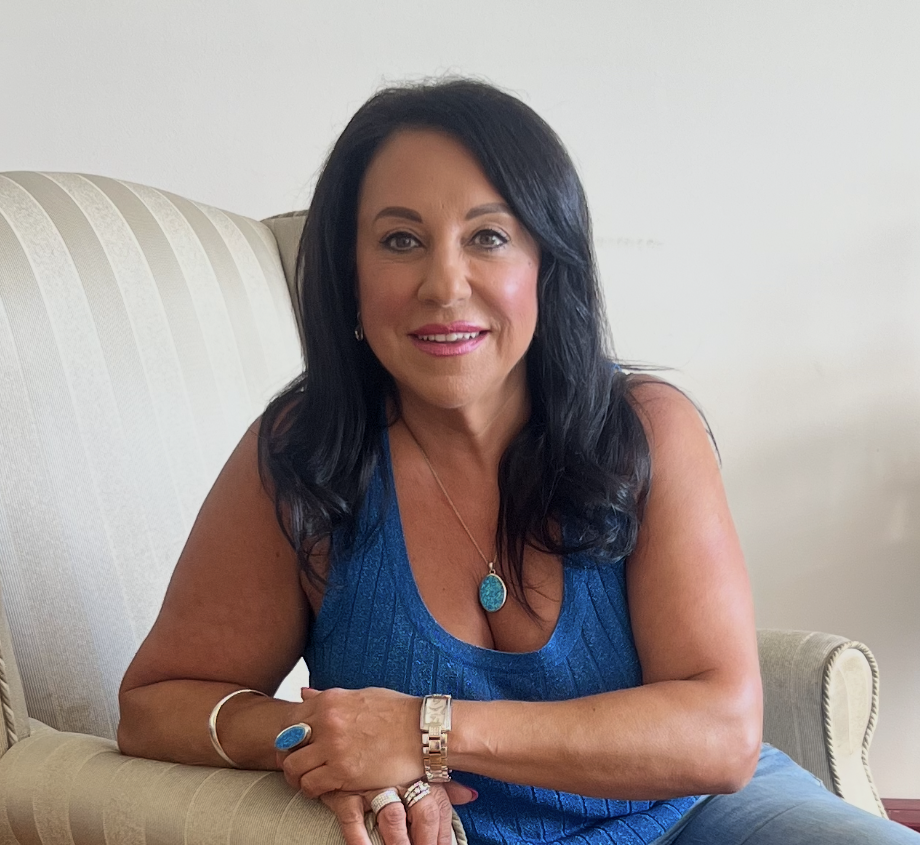



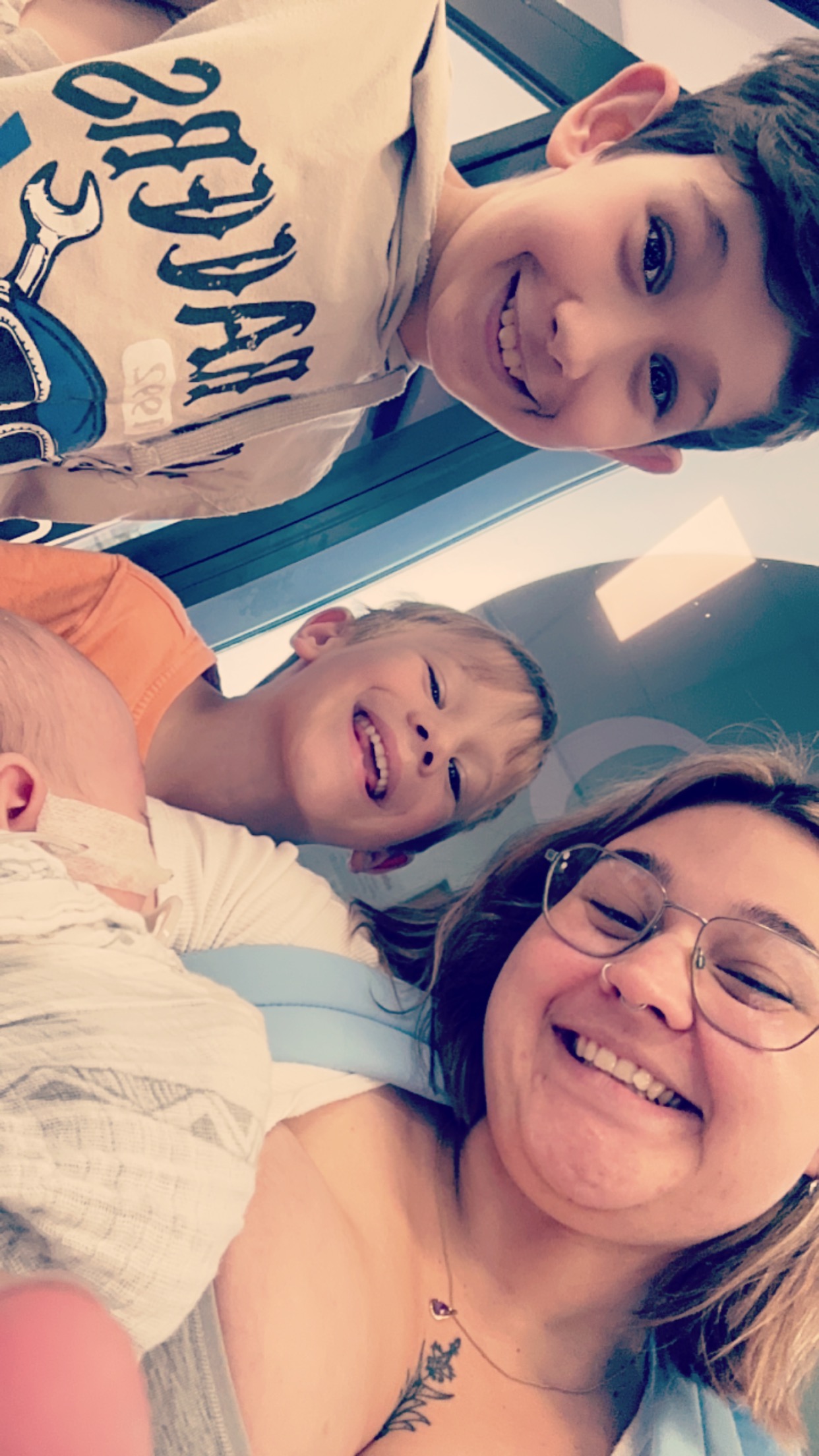


%202.jpg)





.png)

